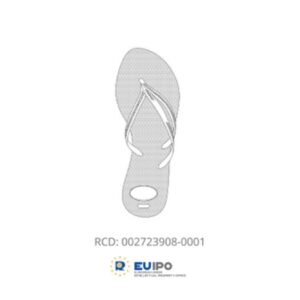The exhaustion of rights in trade marks refers to the principle that once a trade mark owner has placed a product on the market, they cannot use their trade mark to prevent further distribution or resale of that product. This principle is also known as the “first sale doctrine” or “doctrine of exhaustion.”
The exhaustion of rights principle is based on the idea that the trade mark owner’s rights are “exhausted” once the product has been legitimately sold or distributed, and that the trade mark owner cannot control or restrict subsequent sales or distribution of the product. This principle is important because it promotes competition and consumer choice by allowing the free flow of goods in the marketplace.
There are two types of exhaustion of rights: national and international. National exhaustion of rights means that a trade mark owner’s rights are exhausted only within the country where the product was first sold or distributed. This means that the trade mark owner can still prevent parallel imports, which are products that have been legitimately sold in another country and then imported into the owner’s country without their permission.
International exhaustion of rights, on the other hand, means that a trade mark owner’s rights are exhausted once the product has been sold or distributed anywhere in the world. This means that the trade mark owner cannot prevent parallel imports from any country.
The exhaustion of rights principle is not absolute, however. There are several exceptions to the principle, including:
Quality control: A trade mark owner can prevent the sale or distribution of products that do not meet their quality standards, even if the products were legitimately sold or distributed.
Repackaging or relabeling: A trade mark owner can prevent the sale or distribution of products that have been repackaged or relabeled in a way that could mislead consumers.
Unlawful trade: A trade mark owner can prevent the sale or distribution of products that are being sold illegally, such as counterfeit goods or products that infringe on the owner’s intellectual property rights.
Territorial restrictions: A trade mark owner can impose territorial restrictions on their distributors or licensees to prevent parallel imports.
In conclusion, the exhaustion of rights principle is an important legal principle in trade mark law that promotes competition and consumer choice by allowing the free flow of goods in the marketplace. However, the principle is not absolute and there are several exceptions that allow trade mark owners to control the distribution and sale of their products in certain circumstances. It’s important for businesses to understand the exhaustion of rights principle and its exceptions to ensure compliance with trade mark law and avoid potential legal issues.
Please head over to our Reading Room for Part 2 of this article where we discuss the effects of Brexit.











